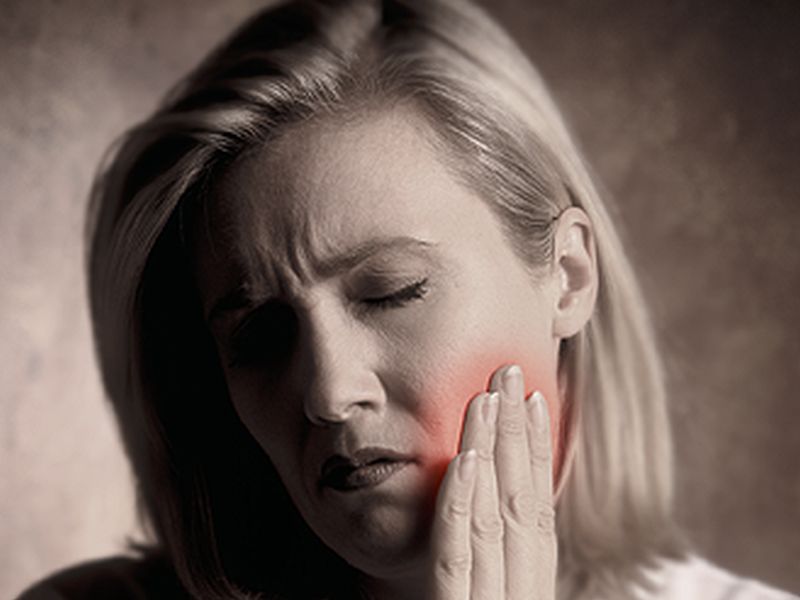
Influenza, commonly known as the flu, is a potentially serious disease that can lead to hospitalization and death, says the U.S. Centers for Disease Control and Prevention. An annual seasonal flu shot is the best way to protect against the disease. The CDC offers these facts on the seasonal flu vaccine: Seasonal flu vaccine protects… read on >

















